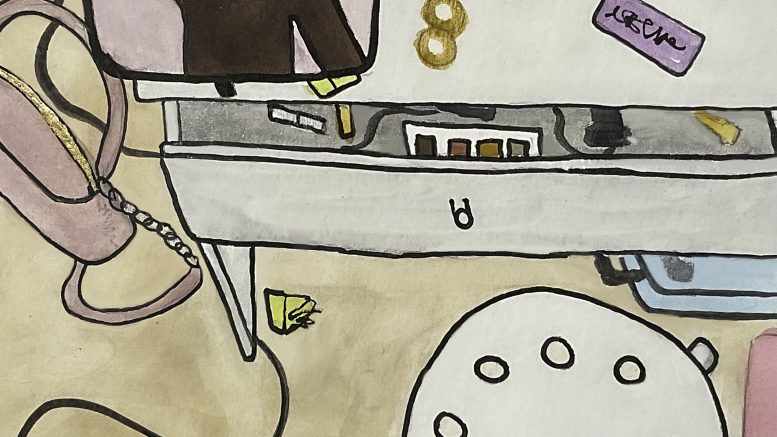There once was a time when your social persona was the imagined version of yourself
that you wished to be.
There were perfectly crafted tweets with the right amount of humour, reliability and humility
that made someone likable and down to earth, but Instagram stories and pictures
contradicted this.
You could be posting pictures of sipping wine poolside in Mexico on Instagram while you
tweet about how you cannot afford a Grande at Starbucks because of inflation. This balance
of being too cool and yet relatable was the gold standard.
That is, until the Emma Chamberlains of the world changed the social media landscape by
showcasing their unpolished, vulnerable and genuine selves front and centre.
This was a breath of fresh air from the overly processed content we were used to seeing,
and because of that, people devoured it. It gave rise to photo dumps of random pictures with
seemingly no correlation, online trauma dumping and oversharing of embarrassing and off-
putting stories that should have been taken to the grave.
Mixed with the fuel of TikTok, a new age of online presentation was born, one that
guaranteed maximum social currency points with minimal perceived effort, an alluring trade
for anyone.
With this new online landscape comes new social media contenders like BeReal, an app
that aims to challenge and eliminate the idealistic online persona. Every day, app users are
randomly prompted to take and post a candid picture of what they see (back camera) and
themselves (front camera) within a two-minute timeframe, with the goal of showing family
and friends real-time snapshots of their life.
Although BeReal started as an anti-social media platform to promote authenticity and
lessen the social pressure of having a perfect online display, the app quickly lost its
message as more users joined.
What was once a simple “in the moment” post became a late two-minute frenzy to capture
and show your audience the best part of your day. It went from mundane photos of everyday
life, such as eating messy meals, watching Netflix on your bed, studying and working, to late
posts of you and your friends on a night out having Harry Styles take your BeReal for you.
Despite genuine intentions behind its creation, the platform did not factor in how terrified
our society truly is to be fully exposed and vulnerable — not only to our friends, but to
millions of people on the internet. Especially in the era of cancel culture and online shaming,
no one wants to be the next online target for Twitter discussions, memes, AmITheAsshole
Reddit posts or YouTube think pieces.
Despite our best efforts to “be real,” we cannot because no matter how hard we try to
present ourselves authentically online, we will never be able to.
Authenticity is instantly lost when we get the chance to pick and choose, retouch and edit
what we want to show and share about ourselves. If we are being authentic, why do we
choose to share some stories, thoughts, ideas, pictures and videos but not others?
We are not being real unless we are constantly sharing and streaming all our thoughts and
feelings out to the world, but that’s unrealistic and the quickest way to become the most
hated person alive. No matter what being “real” on the internet is, it is a hoax. Authenticity
that depends on comfortability and that’s acted on by rehearsed vulnerability is still a guise.
This is sad, because when humans look back at our society 100 years from now and
examine our online archives to learn about our past, all they will find are façades.
Will we ever be remembered for who we were, or just for who we were all trying to be?

